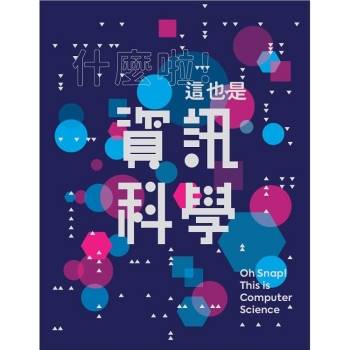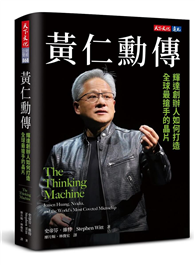This book addresses a lacuna in scholarship concerning Hannah Arendt’s Augustinian heritage that has predominantly focused on her early work. It de-canonises the sources that political theology has appealed to by shifting the interpretive focus to her mature treatment in The Life of the Mind. Arendt’s initial criticism of Augustinian desiring is that it generates ’worldlessness’. In her later works, Arendt develops a more nuanced reading of the movements of thinking, desiring, and loving in her engagement with Augustine. This study attends to these movements and inspects the spatio-temporal framework which structure Arendt’s conception of the political. The author assesses the claim that Arendt’s conception of the political is drawn from a pedagogy of desiring and thinking from Augustine severed from his mystagogy. Although respecting the method of political theory, the author contends that Arendt’s severing of Augustinian pedagogy from mystagogy brings her to an insurmountable aporia. Instead, the author embeds these pedagogical practices within Augustine’s theology and suggests how that aporia might be overcome and used to develop a mystagogy for contemporary political life. The book will be of particular interest to scholars of political theology, as well as political theory, and political philosophy.
| FindBook |
有 1 項符合
Arendt and Augustine: A Pedagogy of Desiring and Thinking for Politics的圖書 |
 |
Arendt and Augustine: A Pedagogy of Desiring and Thinking for Politics 作者:Aloysius 出版社:Routledge 出版日期:2024-06-28 語言:英文 規格:精裝 / 264頁 / 普通級/ 初版 |
| 圖書館借閱 |
| 國家圖書館 | 全國圖書書目資訊網 | 國立公共資訊圖書館 | 電子書服務平台 | MetaCat 跨館整合查詢 |
| 臺北市立圖書館 | 新北市立圖書館 | 基隆市公共圖書館 | 桃園市立圖書館 | 新竹縣公共圖書館 |
| 苗栗縣立圖書館 | 臺中市立圖書館 | 彰化縣公共圖書館 | 南投縣文化局 | 雲林縣公共圖書館 |
| 嘉義縣圖書館 | 臺南市立圖書館 | 高雄市立圖書館 | 屏東縣公共圖書館 | 宜蘭縣公共圖書館 |
| 花蓮縣文化局 | 臺東縣文化處 |
|
|
圖書介紹 - 資料來源:博客來 評分:
圖書名稱:Arendt and Augustine: A Pedagogy of Desiring and Thinking for Politics
|











